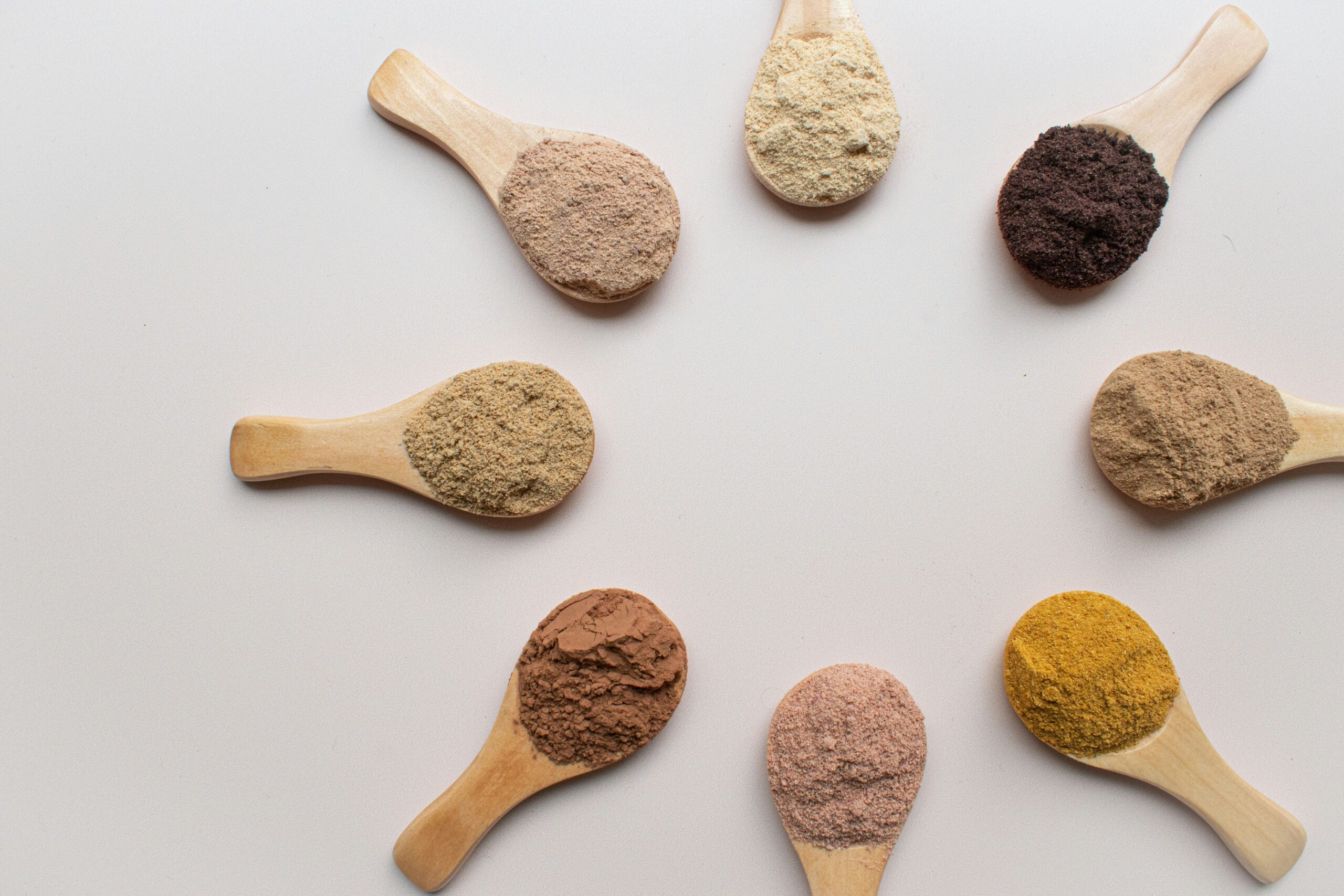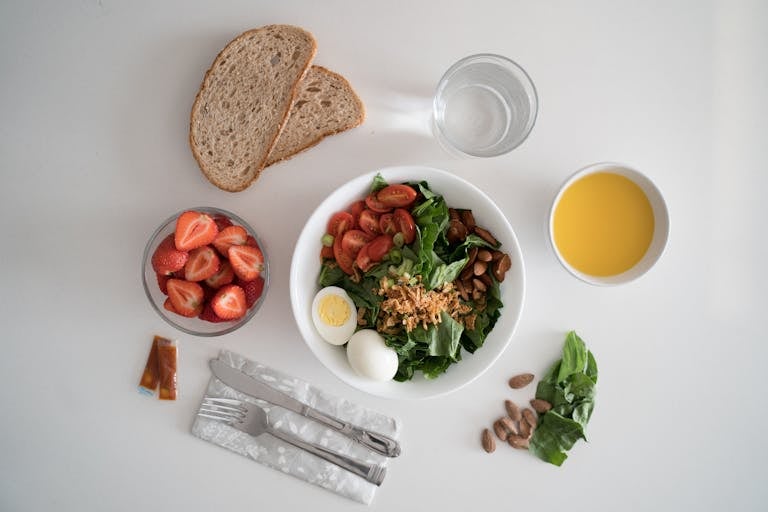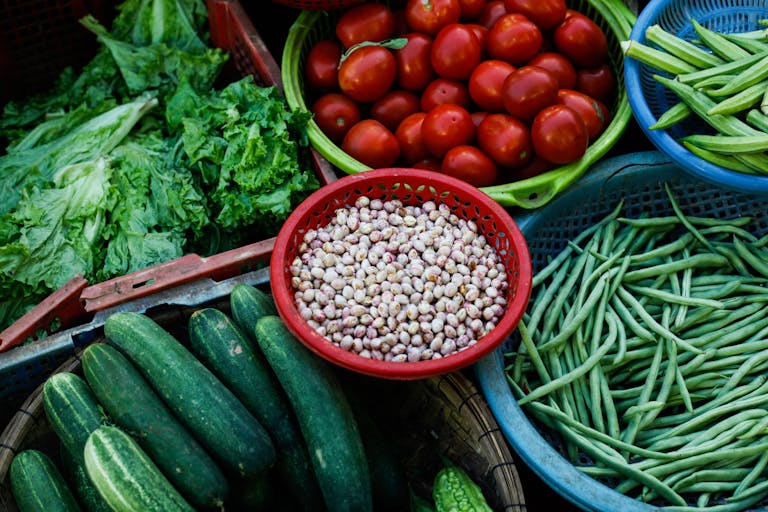The term “superfood” has taken over the health and wellness world. A quick scroll through any social media platform or health blog and you’ll see glowing reviews of nutrient-packed ingredients promising everything from immunity to longevity. Did you know superfoods are one of the most searched health-related topics globally?
But is the hype real? While some claims around superfoods are often exaggerated, there’s no doubt that many offer impressive, science-backed benefits. The challenge is to cut through the noise and myths to know what’s fact and what’s fiction.
This blog will explore the real benefits of superfoods, bust common myths, and help you make informed food choices. By the end, you’ll have a practical, evidence-based understanding of how to incorporate superfoods into your life sensibly and affordably.
What Are Superfoods
The term “superfood” is more of a marketing term than a scientific classification. It means foods that are extremely nutrient-dense, with vitamins, minerals, antioxidants, or other properties that exceed those of common foods.
Some well-known examples are blueberries, kale, quinoa, turmeric, and avocados. But what makes these foods “super” is that they pack a ton of nutrition into small serving sizes.
Scientific communities are skeptical about the term since there’s no standard definition. But what’s undeniable is that these foods provide many health benefits when combined with a balanced diet and an active lifestyle.
Myths Versus Reality
The world of superfoods is full of myths that add to their mythical status. Here are some myths busted:
Myth 1. Superfoods are a health fix
Reality: No single food can provide all the nutrients your body needs. Superfoods are powerful additions to a healthy diet, but work best as part of a varied lifestyle.
Myth 2. Eating exotic superfoods solves all nutrition gaps
Reality: Everyday items like spinach, sweet potatoes, and frozen berries can be packed with nutrients, too. You don’t need exotic (and often expensive) foods to boost your nutrition.
Myth 3. Superfoods can replace a poor diet
Reality: While superfoods are nutrient-dense, they won’t counterbalance the effects of processed foods, sugar-laden snacks, and inactivity. A holistic approach is key. Superfoods are amazing, not magical. Their value lies in complementing a healthy dietary pattern.
Science-Backed Benefits of Popular Superfoods
Here’s a closer look at four superfoods with proven health benefits, backed by science.
Blueberries
Nicknamed nature’s candy, blueberries are packed with antioxidants, particularly anthocyanins which improve brain function and memory.
- Key Benefits: Improve cognitive health, reduce oxidative stress, support heart health.
- Science Says: A study in the European Journal of Nutrition found regular consumption of blueberries improved memory and reduced age-related brain decline.
Kale
Often called the “queen of greens,” kale is a nutrient powerhouse with Vitamin K, Vitamin C, fiber, and antioxidants.
- Key Benefits: Promote heart health, reduce inflammation, aid in digestion.
- Science Says: Research from The Journal of Nutrition shows kale reduces cholesterol levels and improves cardiovascular health.
Turmeric
This bright yellow spice owes its superpowers to curcumin, a natural compound with anti-inflammatory and antioxidant properties.
- Key Benefits: Reduce arthritis symptoms, improve digestion,and shows promise for mood improvement.
- Science Says: Studies in Advances in Experimental Medicine and Biology suggest curcumin may help manage depression and improve inflammatory conditions.
Chia Seeds
A staple for health enthusiasts, these tiny seeds are loaded with omega-3 fatty acids, fiber, and plant-based protein.
- Key Benefits: Support heart health, aid in weight management, promote stable blood sugar levels.
- Science Says: Research in the Journal of Food Science and Technology found chia seeds improve cardiovascular health and assist with weight control.
Superfoods on a Budget
The idea that healthy eating is always expensive is a myth. There are plenty of affordable superfoods if you know what to buy and where to look.
Affordable Superfood Options
- Spinach: High in iron, calcium, and antioxidants.
- Oats: Promote heart health and stable blood sugar levels.
- Frozen Berries: A budget-friendly way to enjoy antioxidant-rich fruits year-round.
Tips to Save Money:
- Buy in bulk to save on staples like oats and chia seeds.
- Explore local farmers’ markets for seasonal produce.
- Stock up on frozen options to reduce waste and save.
How to Incorporate Superfoods into Your Daily Routine
Adding superfoods to your diet doesn’t have to be complicated or time-consuming.
Quick and Easy Tips:
- Morning Oats with Blueberries: Sprinkle a handful of fresh or frozen blueberries onto your oatmeal for an antioxidant boost.
- Kale Smoothies or Salads: Toss kale into your morning smoothie or use it as a base for salads.
- Turmeric Golden Milk Latte: Mix turmeric, ginger, and a touch of honey into warm milk for a comforting beverage.
- Chia Pudding: Mix chia seeds with milk (or a plant-based alternative), sweeten with honey, and refrigerate overnight for a ready-to-eat snack.
Simple One-Week Meal Plan with Superfoods
- Breakfast: Greek yogurt with blueberries and chia seeds.
- Lunch: Kale salad with quinoa, avocado, and a lemon-tahini dressing.
- Snack: Carrot sticks with hummus or a chia pudding cup.
- Dinner: Turmeric-infused chicken with roasted sweet potatoes and spinach.
How to Evaluate Superfood Claims
With so many marketing gimmicks flooding your social media feeds, it’s important to be discerning. Here’s how to separate fact from fiction.
- Check the Science: Look for credible studies that support the claims.
- Be Skeptical of Supplements: Whole foods generally provide more nutrition than powders or pills with unrealistic promises.
- Trust Reputable Sources: Follow evidence-based advice from nutritionists or medical professionals.
Why Balance Matters Most
While superfoods can boost your health, there’s a bigger picture to consider. Nutrients often work synergistically, meaning no single food contains all the nutrients your body needs.
A diverse and balanced diet is the gold standard for optimal health. Superfoods are great additions but not substitutes for variety.
Take Charge of Your Nutrition
Superfoods are far from fad items. When chosen wisely and paired with a healthy diet, they can provide significant health benefits. Start small by incorporating one or two superfoods into your meals each week, and be mindful of claims that sound too good to be true.
Looking for more ways to boost your diet? Download our free “Superfood Starter Pack” featuring delicious recipes and budget-friendly options. And if you’d like personalized nutrition advice, join the Get Healthy Squad today for exclusive tips and community support.
Medical Disclaimer:
This content is for informational purposes only and is not intended to provide medical advice, diagnosis, or treatment. Always seek the guidance of your physician or other qualified health provider with any questions you may have regarding a medical condition or dietary changes. Never disregard professional medical advice or delay in seeking it because of something you have read on this website.







